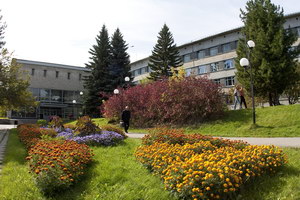The Markov chain of energy carryover reserves in models of power supply reliability in remote
We consider mathematical models for analyzing the energy supply reliability of isolated systems and propose a three-level complex of nested models. The lower level represents the model of functioning of the energy supply system during the period under review. The second level is a model of the energy supply reliability analysis. This analysis is based on multiple simulations of functioning of the energy supply system in randomly formed conditions. The energy sources demand and supply, as well as the amount of carryover reserves of energy in storage, are assumed to be random values. To simulate functioning, the values of energy demand and production are formed using the Monto-Carlo method following their laws of probability. The random value of the carryover reserves is formed using the algorithm that generates the Markov sequence of these reserves. The upper level is represented by the model for selecting the optimal composition of the means ensuring reliability, i.e. energy reserves in the energy production and storage capacity. It was revealed that the algorithm for generating the random value of the energy sources carryover reserves yields the homogenous Markov sequence. Sufficient conditions for uniqueness of the stationary state were determined. Based on the experimental calculations, we estimated the number of iterations required to reach the stationary ergodic state. © The Authors, published by EDP Sciences.
Библиографическая ссылка Gubiy E. The Markov chain of energy carryover reserves in models of power supply reliability in remote // E3S Web of Conferences. Vol.114. ID: 03004. 2019. DOI: 10.1051/e3sconf/201911403004
Проиндексировано: WOS
SCOPUS


